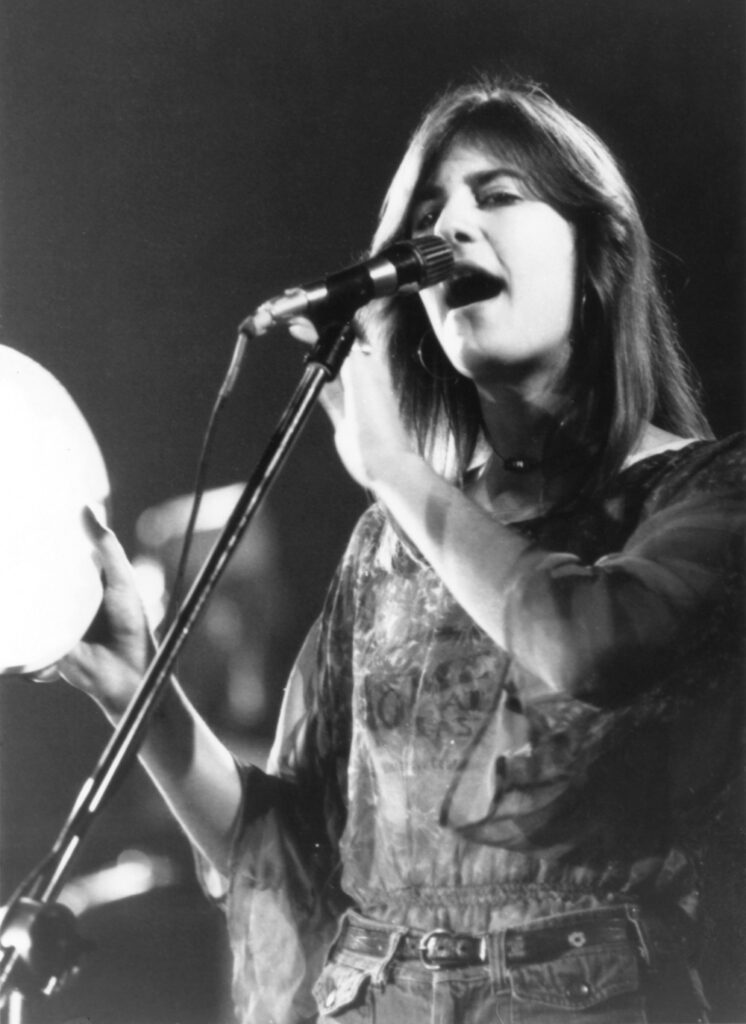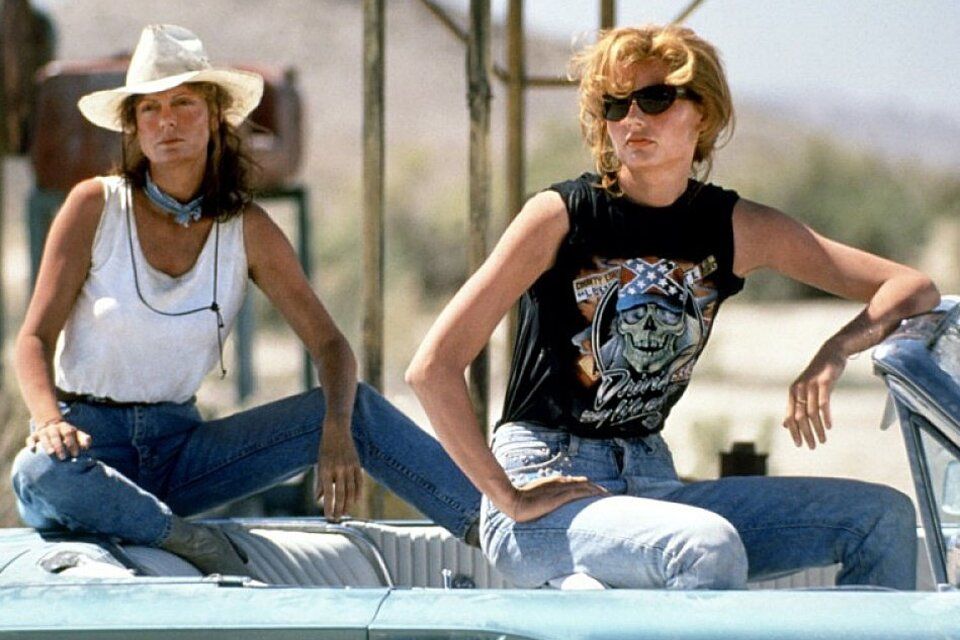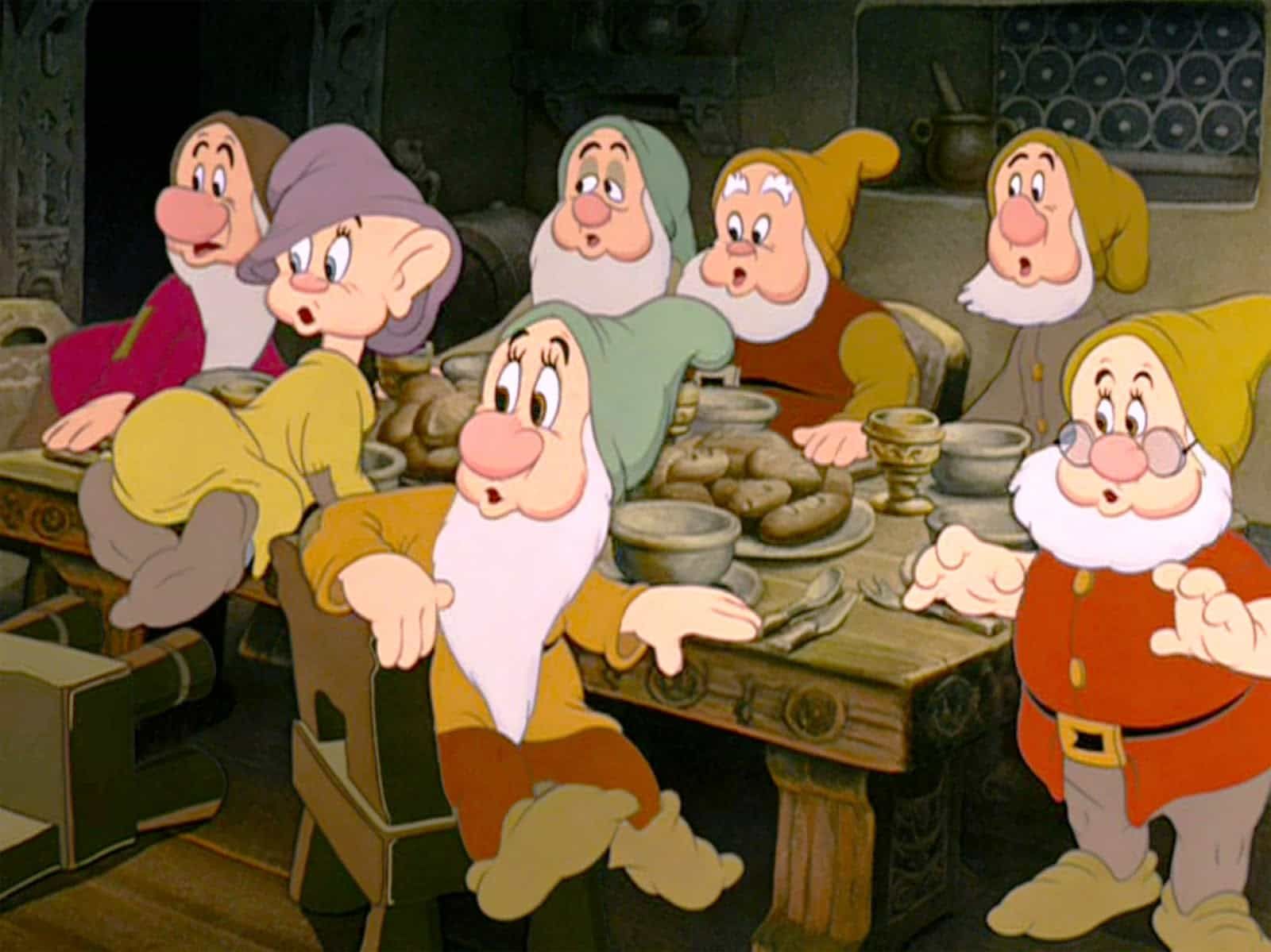
The music scene recently paused to mark the passing of a true Australian icon. Singer Marcie Jones died on Saturday at the age of 79, days after being diagnosed with leukaemia. Her passing has prompted reflection on a decades-long career that left an indelible mark on the Australian music scene.
Marcie Jones first rose to fame as the lead singer of the band Marcie and the Cookies in the 1960s. The band holds a special place in history as one of Australia’s first “girl groups” in an era dominated by male-dominated rock bands. They carved out their own space and sound in a dynamic and ever-changing music landscape.

In addition to the studio and on tour, Marcie was a regular on Australian television. She appeared on some of the most popular TV shows of the time, including the long-running music program Bandstand and The Graham Kennedy Show, bringing her music and personality into thousands of homes.
Marcie’s lifelong passion and dedication to music, which she continued to perform locally until her death, is a testament to her love and dedication to music. Music was clearly more than just a career, it was an ingrained part of her being until the end.
Marcie’s daughter-in-law, Lisa, shared the news of her passing on social media. Lisa’s heartfelt message conveyed the family’s deep sorrow, beginning: “It is with a heavy heart that I share with you that my beautiful mother-in-law, Marcie Jones, has passed away. My heart is filled with grief.”

The outpouring of grief and gratitude didn’t just come from family. Fans and peers also shared their memories and feelings. One fan posted a shared sentiment: “Marcie was an amazing person and one of our beloved Australian treasures.” Another simply added: “Rest in peace my friend. You will be deeply missed.” This also reflects the personal connection many people have made with her through her music and public persona.
Marcie’s death came suddenly, as she was recently diagnosed with cancer. Just days before her death, Marcie had publicly revealed that she had been diagnosed with cancer. She herself shared the sad news on social media, writing: “I’m sorry to start the day with such bad news. I’m in hospital with leukemia.”

As we reflect on Marcie Jones’ life, we are reminded of the profound power of music and the people who create it. There is nothing more powerful than the sound of a voice bursting forth from a song, perhaps only the sound of truth. This power is present in every aspect of music, from the pioneering sounds of early girl groups to the diverse voices that shape today’s music landscape.
Artists across genres have consistently used their platforms to share truth, break down barriers, and make deep, personal connections with their audiences. From pop, punk, folk, soul, disco, and country, LGBTQIA+ musicians have always stood out—leading trends, changing the rules of the game, and showing generations of fans what it means to live authentically and love loudly.
These artists broke down doors, lit up stages, and invited us to dance with them in the spotlight. Their courage and artistry continue to inspire and resonate with us.

Think of Adam Lambert, who became a proud LGBTQIA+ icon with his breakout on American Idol and tour with Queen. As an openly gay rock star, he brought queer identity to stages around the world. Or Andy Bell of Erasure, whose danceable, dramatic, and fiercely queer synth-pop uses his platform to advocate for LGBTQIA+ visibility and HIV awareness.
As a pioneering 1920s blues singer, Bessie Smith lived openly on her own terms, her bold songs and rumored relationships with women making her a foundational queer voice in American music. New Orleans queen Big Freedia infused every beat with gender-fluid joy, and her music and presence made Southern black queer culture an integral part of mainstream music.

Music is a force that moves us, challenges us, comforts us in moments of loss, and brings people together to share common experiences, whether singing together in a packed theater or listening to voices that speak to the soul.
These artists’ stories span different generations and backgrounds, highlighting the universal language and power of song. Their voices, whether on classic recordings or on stage, echo a simple yet profound truth: Music lives on, weaving the fabric of our lives, a timeless source of energy, expression, and connection.




